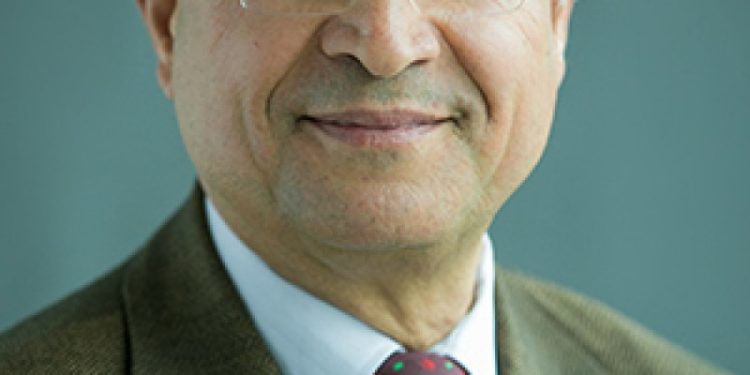Ghana is one of a few African countries that are “relative oases of stability amid internal weaknesses and external strain,” according to Youssef Mahmoud, who led two United Nations peacekeeping missions in central Africa.
Mr Mahmoud, a Tunisian who entered the UN in 1981 as a linguist, was chosen to lead the UN Integrated Office in Burundi in 2007 by then-UN Secretary General Kofi Annan.
Three years back, Ban Ki Moon, the UN Secretary General at the time, requested Mr Mahmoud to head the United Nations Integrated Peacekeeping Mission in Central Africa and Chad.
He has written about his thoughts in a book titled Whose Peace Are We Building?, which was digitally unveiled over the weekend.
He wrote in the book: “…the binary relationship ascribed to war and peace suggests that peaceful environments devoid of armed conflict are omitted from the analysis of peace, despite the reality that they are the most possible case studies to elucidate the causes correlated with peace.”
“A meaningful inquiry in this regard will seek to elucidate the domestic, regional, and foreign threads that contribute to the relative stability enjoyed by countries such as Senegal, Ghana, or Botswana amid internal weaknesses and external pressures.”
Mr Mahmoud spoke from Tunis during the launch, which was organized by the African Leadership Centre (ALC) at King’s College London’s School of Global Studies.
“This view regards stability as an exception, bound by external moral moorings that condition its fortunes on the existence or absence of conflict.”
Mr Mahmoud continued, “I was adamant that the true road to peace was to avoid violence by peacebuilding prescriptions.
“I never conducted a direct study of peace or devised a policy in which peace, rather than war, served as the starting point or end goal.”
He said that he quickly recognized that countries emerging from war are not “blank papers” and that their citizens are not “projects.”
“This suggests that attempts to maintain stability can be inspired by what works well in post-conflict countries and by a recognition that any community, regardless of how fractured it seems, possesses capacities and strengths, not only needs and vulnerabilities,” Mr Mahmoud said.
This, he said, necessitated a rethinking of how disputes are analyzed.
He said that “in addition to assessing the factors that contribute to and maintain aggression,” it is essential to recognize the capacities that allow societies to peacefully avoid and resolve conflict in the face of weaknesses and external pressures.
Mr Mahmoud continued, “This solution runs counter to the beliefs of certain well-intentioned external intervenors who claim that countries in crisis lack the capability, agency, and resources to solve their own predicament.”
In response to a question about what he might do differently now, he said, “I would learn the art and craft of profound and thoughtful listening.”
“We have a tendency to pay greater attention to those who have power on our future than to those whose influence is deemed insignificant.
“We always listen with the aim to assist or solve, rather than to learn.
“As a result, listening with purpose has been a distinguishing practice in my leadership styles over the last two decades,” Mr Mahmoud, who is also a Visiting Professor at the ALC, said.
He acknowledged that the procedure was “difficult” and necessitated “a great deal of presence and modesty.”
“However, I continue to resort to it when faced with circumstances on which I have no power or influence,” Mr Mahmoud said.
The novel, released in collaboration with the ALC, is the first in a sequence that will put together leading African practitioners – from peace mission representatives to UN special envoys – to provide important viewpoints on contemporary understandings of peacekeeping and leadership.
Read Also: Apostle Adjei’s case against EC Boss postponed until May 17th
SOURCE: ATLFMONLINE

























